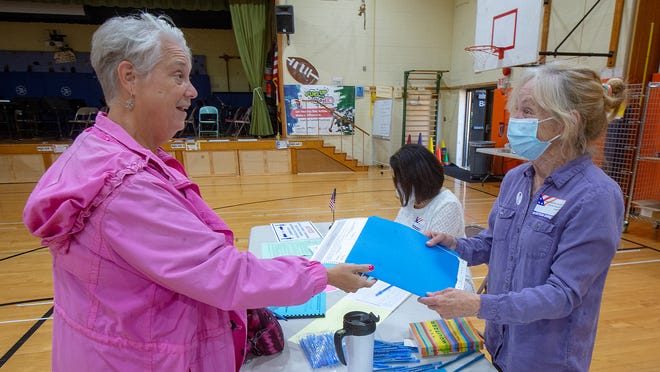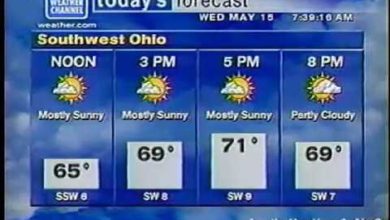
The Ohio Supreme Court will hear arguments Tuesday on whether a Cincinnati police officer can remain anonymous in a defamation lawsuit he filed against several people who called him racist.
Cincinnati officer Ryan Olthaus sued at least four people who have accused him of racism after he made the "OK" symbol during a June 2020 City Council meeting. The meeting occurred as protests swept the country over the death of George Floyd at the hands of a Minneapolis police officer.
The four people said the symbol has become a dog whistle for white supremacists as the shape of the hand resembles the letter W and P for "white power." The ambiguous nature and meme-like status of the symbol makes it an easy tool for trolling or for subtly broadcasting racist intent.
Olthaus can be seen on video making the gesture after a heated moment between the crowd and a security guard. In court documents, he states there was no racism behind the use of the symbol. He said he was just trying to tell the crowd everything was OK.
Terhas White filed a complaint against Olthaus with the Cincinnati Police Department. This document included the officer's name and description of the incident matching what court documents describe.
Others complained openly about the hand symbol and named Olthaus during the City Council meeting that day, and some took to social media to criticize him.
What the lawsuit says
In August, Olthaus filed a lawsuit against White, local writer Julie Neisen and others. The suit states that his privacy was "tortiously violated," that people disseminated personal information about him online, and that he was defamed.
"People in the crowd made the juvenile, unfounded, incorrect and hysterical claim that (the officer's) innocuous 'okay' gesture was a 'white power' or 'white supremacist' hand signal intended to intimidate people," the suit states.
Zach Gottesman, who represents Olthaus, said Cincinnati police intelligence found messages on social media boards in which people were talking about taking "actual concrete steps to harm him and his family."
Judge Megan Shanahan agreed to allow Olthaus to proceed with his case under a pseudonym: the initials M.R. Shanahan also approved a temporary restraining order barring Neisen and White from releasing any personal information about the officer.
The Ohio Supreme Court will hear several specific issues on the case, none of which will ultimately decide the case, but could set the tone.
What the defendants say
Jennifer Kinsley, who represents White and one other defendant, has argued that any judge's order restricting the free speech of her client should have been reviewed immediately by a higher court.
"There must be immediate appellate review," Kinsley said. "My client never got that second look."
She said part of the question before the Ohio Supreme Court is whether her client's speech was constitutionally protected, so their decision could impact the rest of the case.
The Enquirer has also filed briefs and motions in the case stating that Olthaus should not be able to proceed with his case under a pseudonym. Judge Shananan denied those motions in August 2020.
"Must we wait until this officer's wife is stabbed in the eye with an ice pick on her doorstep before we find real-world evidence (of harm)?" Shanahan said at the time.
The case in Hamilton County has been in a holding pattern awaiting different appeals court decisions and now for a possible ruling from the Ohio Supreme Court.
It could take months for the Ohio Supreme Court to reach a decision on the case.
Source link









